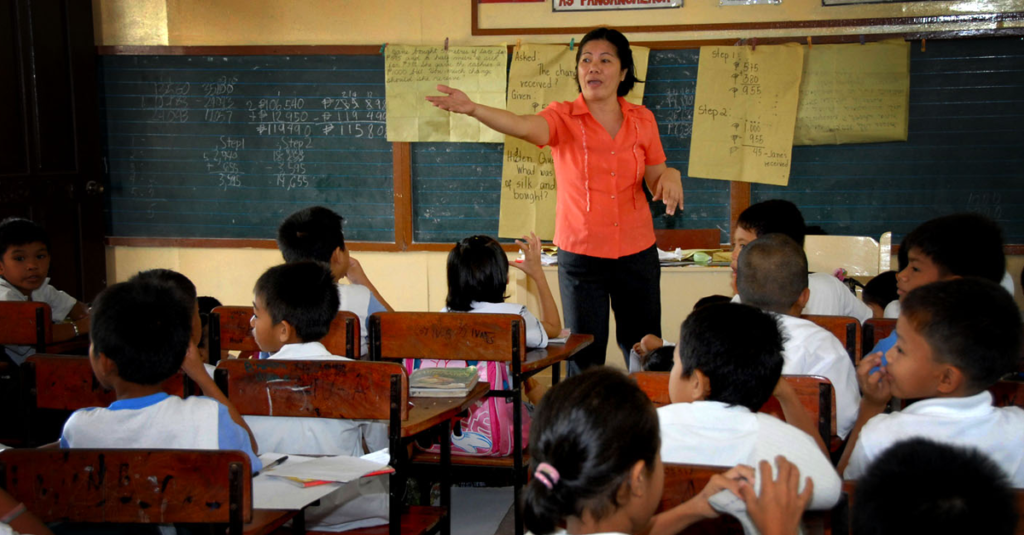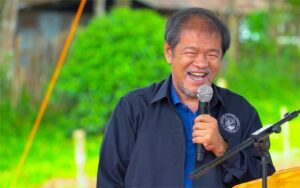In response to mounting concerns from educators about excessive workloads, the Department of Education (DepEd) in the Philippines has issued a directive that limits teachers’ teaching hours to a maximum of six hours per day. This move, announced in October 2024, is aimed at alleviating the pressures faced by public school teachers and ensuring better work-life balance in the education sector.
Addressing the Growing Concerns
For years, Filipino teachers have voiced concerns about the overwhelming demands placed on them, including extended classroom hours, paperwork, and other administrative duties that significantly add to their daily tasks. Many teachers have found themselves working far beyond their official hours to meet the demands of lesson planning, grading, and preparing instructional materials.
Teachers’ groups and unions have been particularly vocal about these issues, advocating for policies that would reduce the stress and strain on educators, particularly in public schools, where class sizes are often large and resources are stretched thin.
The new policy limits teaching duties to six hours of actual classroom instruction, with any additional time dedicated to administrative tasks or student assessments being compensated separately or assigned as additional workload under proper agreements. The directive seeks to ensure that teachers are not overburdened by long hours of teaching, which can affect their mental health and job performance.
Positive Response from Teachers’ Unions
The directive was well-received by teachers’ organizations, including the Alliance of Concerned Teachers (ACT), which has long called for better working conditions. According to the ACT, this policy represents a step in the right direction in recognizing the difficult conditions under which many educators operate. However, they also highlighted the need for continued reforms, including a reduction in class sizes and the provision of more teaching resources to further ease the burden on teachers.
Challenges Ahead
While the new policy is seen as a victory for educators, implementing it nationwide presents challenges. Many schools in rural areas, which face teacher shortages, may find it difficult to comply without additional staffing. There are concerns that some teachers may still feel pressured to work beyond the mandated six hours to fulfill the needs of their students or complete required tasks.
DepEd has pledged to work closely with schools to ensure the proper implementation of this policy and to monitor compliance. Education Secretary Sara Duterte emphasized the department’s commitment to improving working conditions for teachers, noting that “quality education begins with ensuring that our educators are well-supported and not overworked.”
Looking Forward
This policy shift is part of broader efforts by DepEd to enhance the quality of education in the Philippines by addressing systemic issues within the sector. By easing the workload of teachers, the department hopes to create a more sustainable environment where educators can focus on delivering high-quality instruction without the added pressure of excessive administrative tasks.
As DepEd continues to implement reforms, teachers and education stakeholders are optimistic that this initiative will have a positive impact on both educators and students, leading to better learning outcomes across the country(Philstar)(GMA Network | News and Entertainment).








